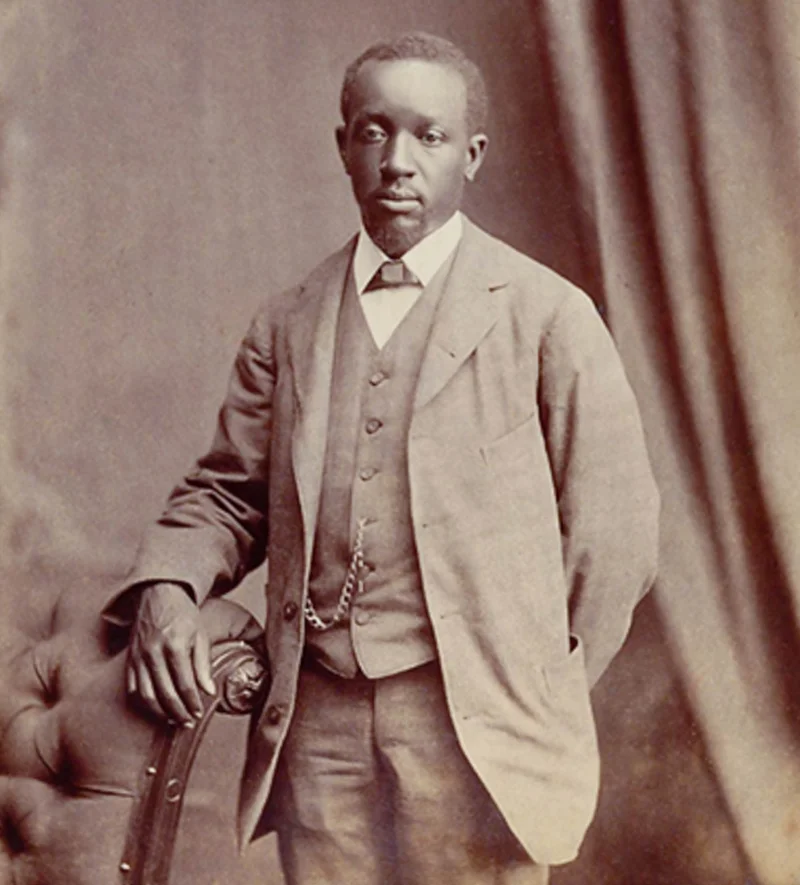Short Summary
Ahmed Zewail (1946–2016) was an Egyptian-American scientist, widely regarded as the "father of femtochemistry." He received the Nobel Prize in Chemistry in 1999 for his pioneering work on the observation of ultrafast chemical reactions using laser technology. Zewail’s research fundamentally transformed the understanding of molecular dynamics, earning him international recognition as one of the most influential chemists of the modern era.
Early Life & Education
Ahmed Zewail was born on February 26, 1946, in Damanhur, Egypt, and grew up in Desouk. He showed early promise in science and pursued a bachelor's degree in Chemistry from Alexandria University. Afterward, he moved to the United States where he earned his Ph.D. in Physical Chemistry from the University of Pennsylvania in 1974. His postdoctoral studies were completed at the University of California, Berkeley, where he worked under the guidance of Professor Charles B. Harris.
Career Highlights
Zewail joined the California Institute of Technology (Caltech) in 1976 and spent the majority of his academic career there, eventually becoming the Linus Pauling Chair Professor of Chemistry and a Professor of Physics. He founded the discipline of femtochemistry by using ultrafast lasers to capture the movement of atoms and molecules on the femtosecond (one quadrillionth of a second) timescale. His groundbreaking work allowed scientists to observe chemical reactions as they happened, rather than relying solely on theoretical models.
Major Achievements
Ahmed Zewail’s most notable achievement was winning the 1999 Nobel Prize in Chemistry for his work in femtochemistry. He received numerous other honors, including the Wolf Prize in Chemistry and membership in the Pontifical Academy of Sciences. Beyond his scientific contributions, Zewail served as a science advisor to President Barack Obama and was a respected advocate for science and education reform in Egypt and the Middle East.
Famous Quotes
“The real wealth of a nation is its people, especially those educated and trained for science, technology, and innovation.”
“Science for me is very much a creative process, almost like art.”
“Time is the only dimension that can never be reversed.”
Interesting Facts
- He was the first Arab scientist to win a Nobel Prize in Chemistry.
- He was honored with over 100 honorary degrees and awards throughout his career.
- He strongly advocated for the role of science in promoting peace and progress in the Middle East.
- Zewail authored several books aimed at inspiring young scientists in the Arab world.
- He established the Zewail City of Science and Technology in Egypt, aiming to foster scientific excellence.
Legacy / Influence
Ahmed Zewail left a lasting legacy both in science and in education. His work continues to influence the fields of chemistry, physics, and material science. The concept of observing chemical reactions in real-time has become a cornerstone of modern scientific research. Additionally, his dedication to improving science education in Egypt and the Arab world has inspired countless students and future scientists. Institutions and awards bearing his name continue to promote scientific achievement and innovation globally.
FAQ
Q: What is Ahmed Zewail best known for?A: He is best known for founding femtochemistry and winning the 1999 Nobel Prize in Chemistry.
Q: Where did Ahmed Zewail work?
A: He spent most of his career at the California Institute of Technology (Caltech).
Q: Did Ahmed Zewail contribute to education in Egypt?
A: Yes, he founded Zewail City of Science and Technology to advance education and research in Egypt.
Q: How did Ahmed Zewail influence science globally?
A: His work enabled the observation of atomic and molecular processes in real-time, transforming chemistry and related sciences.
Q: What awards did Ahmed Zewail receive?
A: Besides the Nobel Prize, he received numerous honors, including the Wolf Prize, the Albert Einstein World Award of Science, and was appointed to various national science boards.











